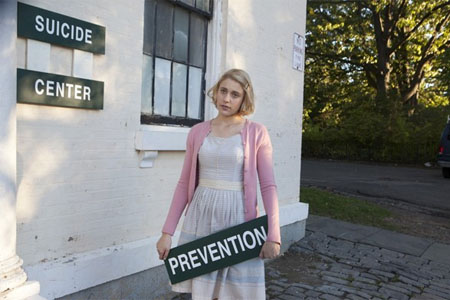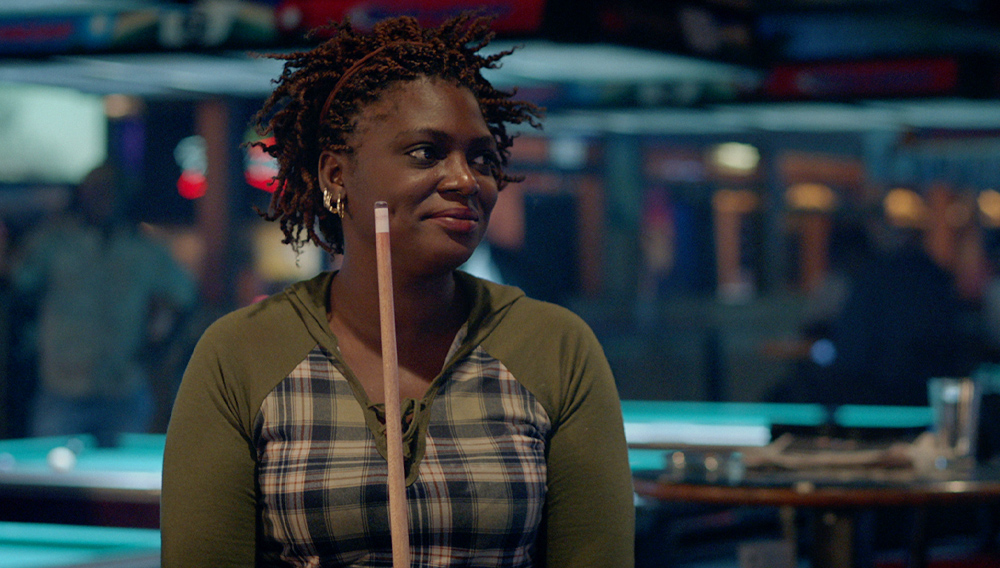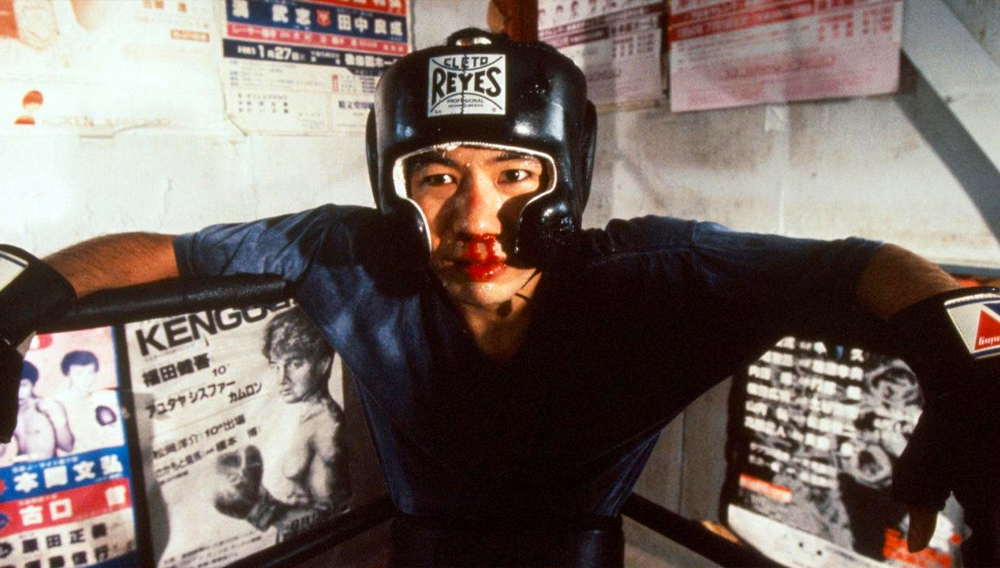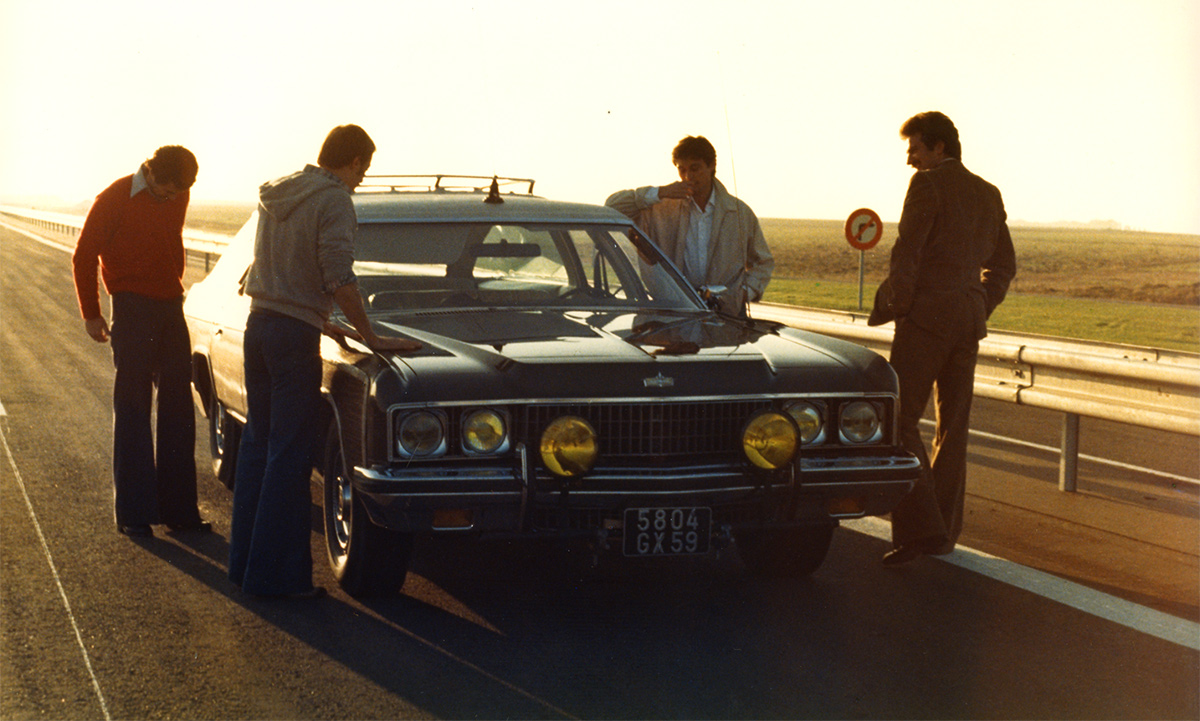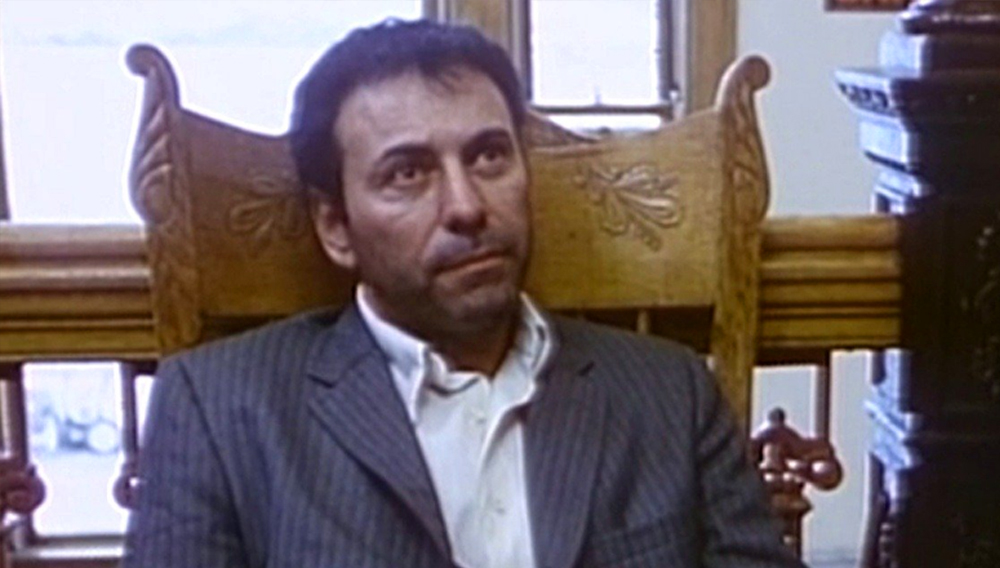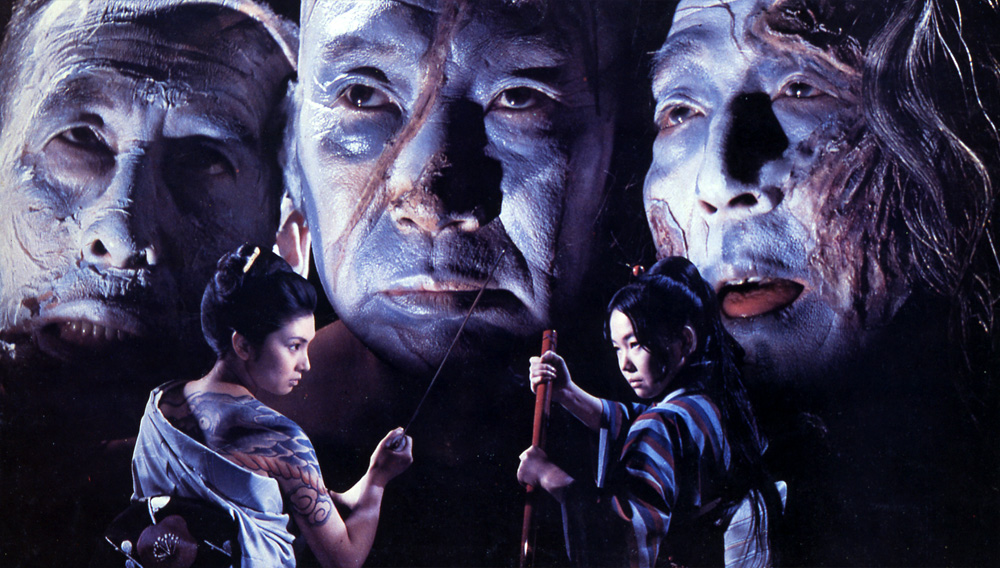It’s been 14 years since Whit Stillman’s previous film The Last Days Of Disco, and the long wait for the 60-year-old auteur’s new indie film is over, as Damsels In Distress has arrived. A soap opera-like comedy-musical, Damsels takes place on the fictional East Coast college campus of Seven Oaks. Central to the film are a trio of erudite pontificating women (played by Greta Gerwig, Megalyn Echikunwoke and Caitlin MacLemore) who seek to purge Seven Oaks of its musty male buffoonery. Damsels In Distress is Stillman’s fourth feature. Recently the director spoke to me about Damsels, his all-too-brief foray into television, and the family background influencing his work.
Keyframe: All of your films contain various dance sequences. Damsels In Distress is no different, and its Gershwin number ‘Things Are Looking Up’ is particularly good. Could you describe the visual mapping of that sequence?
Whit Stillman: We were very lucky to have this huge [Gibraltar] crane. And the cinematographer (Doug Emmett) had the idea of filming only when the sun was the most visible and when the sun would backlight the actors. He’d shoot into the sun to give another sort of striking effect. And then the choreographer Justin Cerne worked with the actors in the locations. We had to kind of [shape] this thing. I couldn’t quite believe how it all came together.
Keyframe: How did you achieve fluidity in the dance numbers, because it must have been very tricky editing-wise to shape—to preserve the kind of energy the actors displayed?
Stillman: The sequence was initially a lot longer but [Justin Cerne’s] idea of it seemed too constrained and a little prissy. I wanted it to be exuberant, just like Snoopy—when Snoopy dances —just going crazy with happiness. And then it turns out that it’s very hard to cut. You really have to think about how you’re going to cut that. The secret in cutting dance is that it’s really closely choreographed and they’re following continuity so you can cut on continuity.
Keyframe: You’ve done some television in addition to your four films.
Stillman: I only did one episode of TV [Homicide] and I really wanted to do more but I think I messed myself up because…they rewrote two of the characters I felt close to as like dastardly villains. And it didn’t seem logical at all. The Chris Eigeman character—the yuppie character—was turned into an ogre. And he was a grieving survivor. I mean, his wife had been murdered and his child kidnapped. And to turn him into this idiotic jerk. And so I mentioned something. And in those shows the producers are the writers, and I don’t think they’re used to anyone—at least not the director, because the director is the low man on the totem pole in TV—saying anything about it. And I have a feeling that I was sort of blacklisted from that. And that’s too bad…I didn’t succeed in TV.
My uncle figured out a way for my mother to be a part of the debutante parties. His idea was that my mother would co-host a party for all the debutantes at the beginning of the season, and it would be at the house of the wealthy people she’s friends with. She would ask all the debutantes to that luncheon and she’d get asked back to all their parties. That’s how my mother became a debutante, without ever having a debutante party or any expenditure.
Keyframe: Well this is a business where people have very thin skins—at least some people do.
Stillman: Yeah. I don’t know. Maybe it’s my paranoia but I have a feeling that if you—and maybe I know better now —I’ll just shut up and do whatever they want. Sometimes they don’t tell you. It’s the first thing I’d done. I thought I was supposed to say what I thought.
Keyframe: Your background is very intriguing. You’re the son of a socialite or debutante. I have to ask you about how your lineage has informed your work. Your movie characters constantly ‘perform’ in order to find their way through complex, troubled waters.
Stillman: A lot of the energy in the films, starting with Metropolitan, at least it seems that way—is this sort of social neuroses, anxieties of my mother’s family. My mother’s name was Margaret Reilly and her father was a professor at Vassar (College), the head of the philosophy department. He died when she was very young, 11 or 13, some age like that. And in the Depression the Carnegie pension fund for professors failed. So her family returned to Philadelphia, where they were from, and lived without any resources at all, with no money. And yet they were sort of on the edge of social life. They had social relatives. They were theoretically in the gentry of Philadelphia but with no money. And also they were definitely progressive in their point of view.
Philadelphia, is a very, I would say, a very snobbish city. It’s uniquely snobbish in the United States. And there were all sorts of theories about that. A lot of it stems from the Quaker origins, which became just a concern with money-making and conformity—and some people say that. And so my uncle, for instance, figured out a way for my mother to be a part of the debutante parties because my mother’s great friend was part of that scene. His idea was that my mother would co-host a party for all the debutantes at the beginning of the season, and it would be at the house of the wealthy people she’s friends with. And then she would ask all the debutantes to that luncheon and she’d get asked back to all their parties. And that’s what happened. That’s how my mother became a debutante, without ever having a debutante party or any expenditure. She actually was the most prolific writer for the Philadelphia Evening Bulletin, the big paper there, because her mother had the idea that she could write social notes. So she ended up having more lines of text in the bulletin. My mother said that the saving thing for her family was World War II, because to be patriotic people would get jobs in the war plants that paid decently. So her brothers and she all got jobs at E.G. Budd—that was, I think, a railroad car maker that turned into a munitions maker. And so they were all working around the clock at these jobs and getting money because they had been really hard up. And it was socially OK because [of] the war effort: ‘Oh, you’re all working now.’ But actually they really needed to work!
My mother had a very humiliating experience where she did go to private school but they would not give the scholarship students a desk. Everyone would have a desk except you and the other scholarship student. You would only get a scholarship for one year, so you would have to change schools every year. So my mother had quite a few neuroses from Philadelphia. And almost everyone in that family left Philadelphia, except an uncle, who was very handsome and very popular….and married a very intellectual society girl who was an architect and they have a nice life in the pleasant suburbs of Philadelphia.
Omar Moore is the editor of The Popcorn Reel film review website, a member of the San Francisco Film Critics Circle and a former contributor to the PBS television series Ebert Presents At The Movies. He can be found on Twitter @popcornreel.

